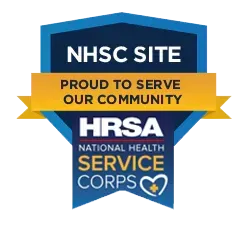Family Guide for Providing Support
While there is no one-size-fits-all solution for helping a family member who is drinking too much, using drugs, or dealing with a mental illness, research shows that family support can play a major role in helping a loved one with mental and substance use disorders.
Family members may be more likely to notice when their loved ones are experiencing changes in mood or behavior. Being able to offer support, family members can connect those in need with treatment, resources, and services to begin and stay on their recovery journey.
It is also important to remember that the unique challenges that come from helping a loved one with a mental or substance use disorder can be taxing, so caregivers should take steps to prioritize their own health as well.
Remember, as a family member, you cannot control your loved one’s ability to stay sober.
But there are a number of ways you can be supportive to them.
- Learn about your loved one’s diagnosis or substance use disorders in general.
- Communicate firmly, but lovingly. Be clear in your communication and uphold boundaries.
- Encourage and assist them with keeping medical, mental health and treatment appointments.
- Encourage them to attend support groups or go to meetings, or participate in healthy activities (yoga, gym, AA, NA).
- Be patient and empathetic.
- Consider couples therapy or family therapy for a safe space to talk.
- Find new sober activities that you can do together or as a family.
- Try and reduce stress in the home.
- Create a safe space for your loved one. Remove all substances including alcohol from your home.
- Exercise self-care. Find your own support system. This can include your own therapy or support groups like Al-Anon, Nar-anon, SMART Friends and Family.
It is important to understand that relapse is a real possibility. Substance use disorder is a relapsing condition. Be attentive and aware of sudden changes in behavior and attitudes and withdrawal symptoms (sweating, shakiness, vomiting, anxiety, insomnia and loss of appetite). Try to foster an environment of non-judgement and openness. If you notice any signs of relapse, encourage your loved one to reach out for help and support.











